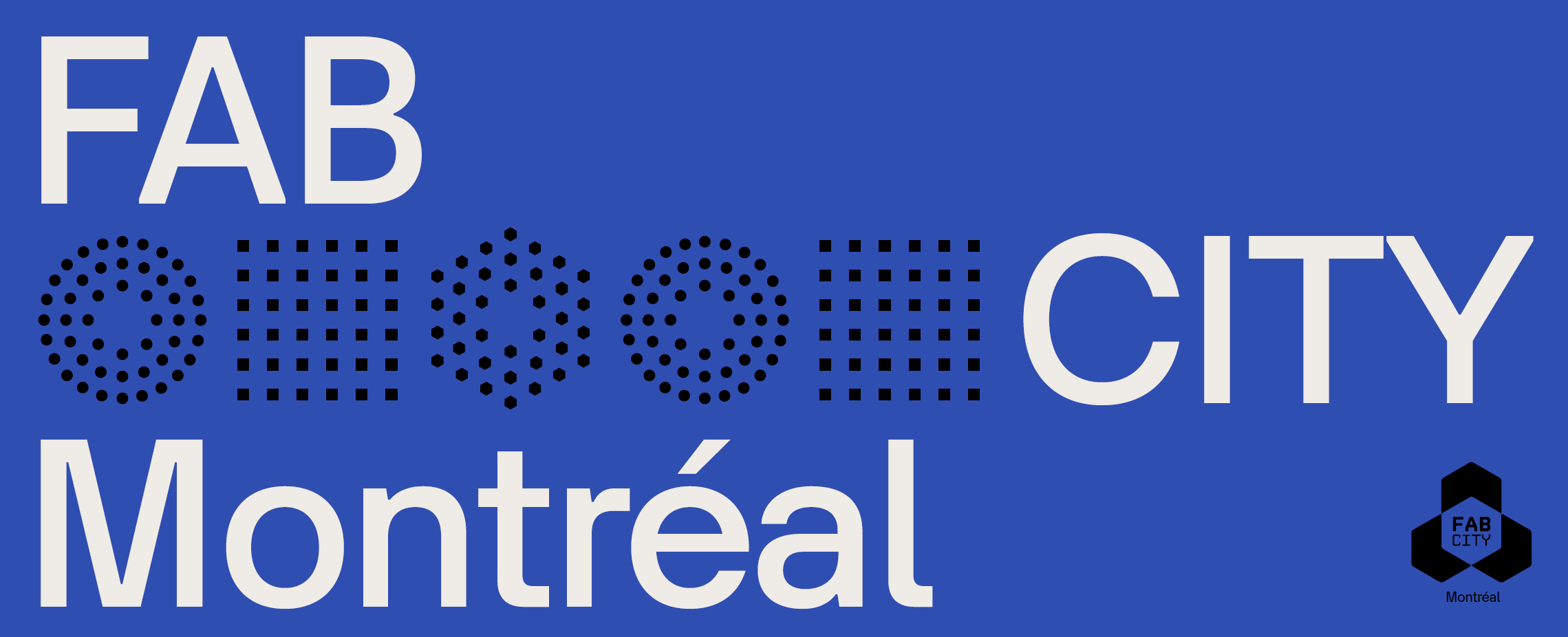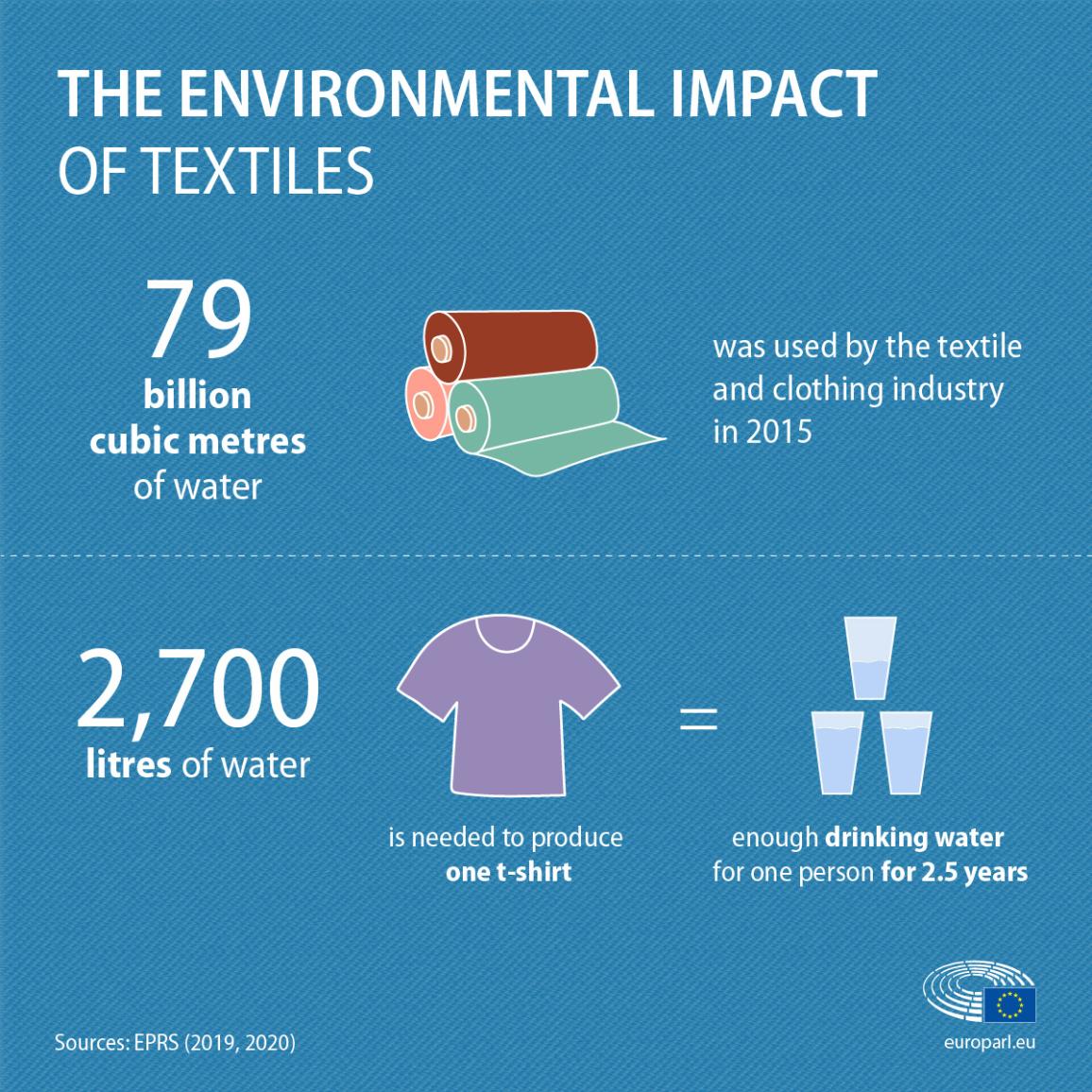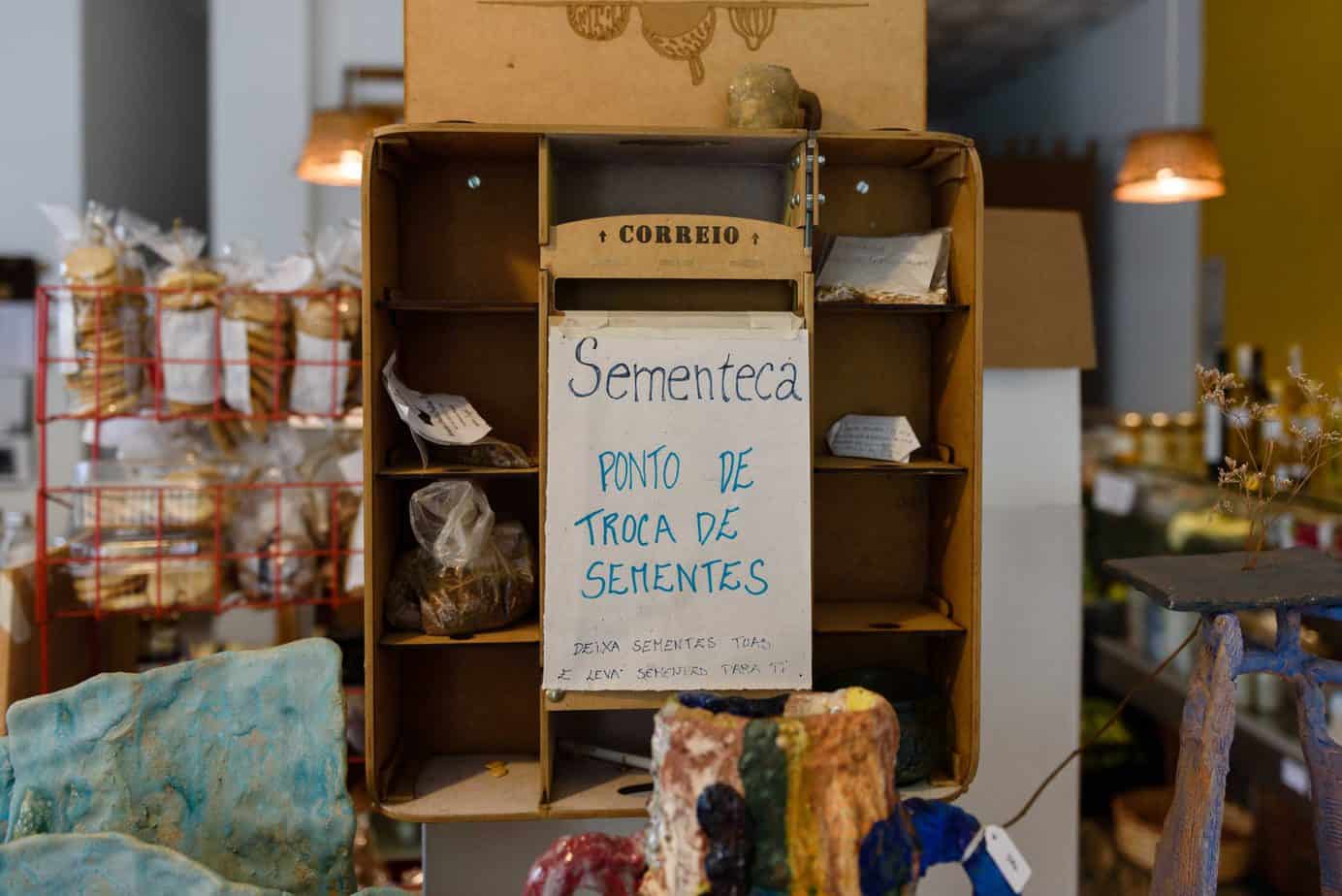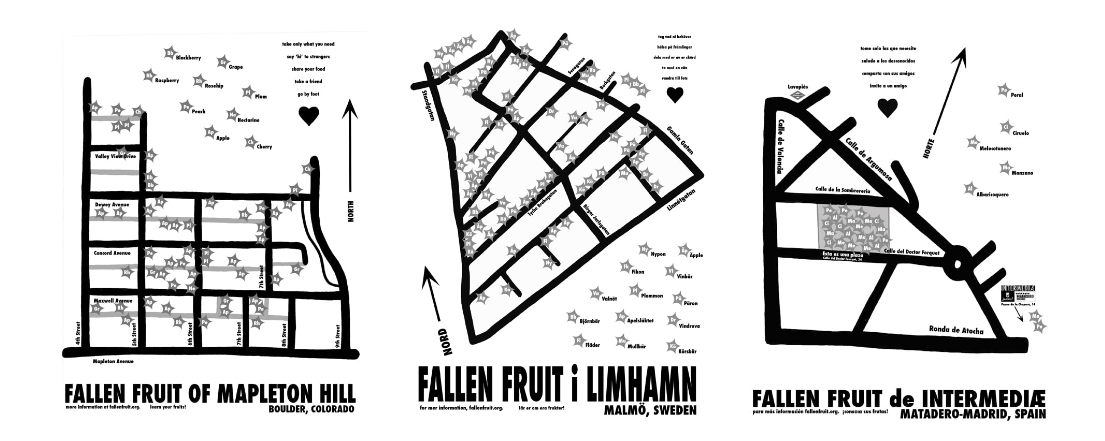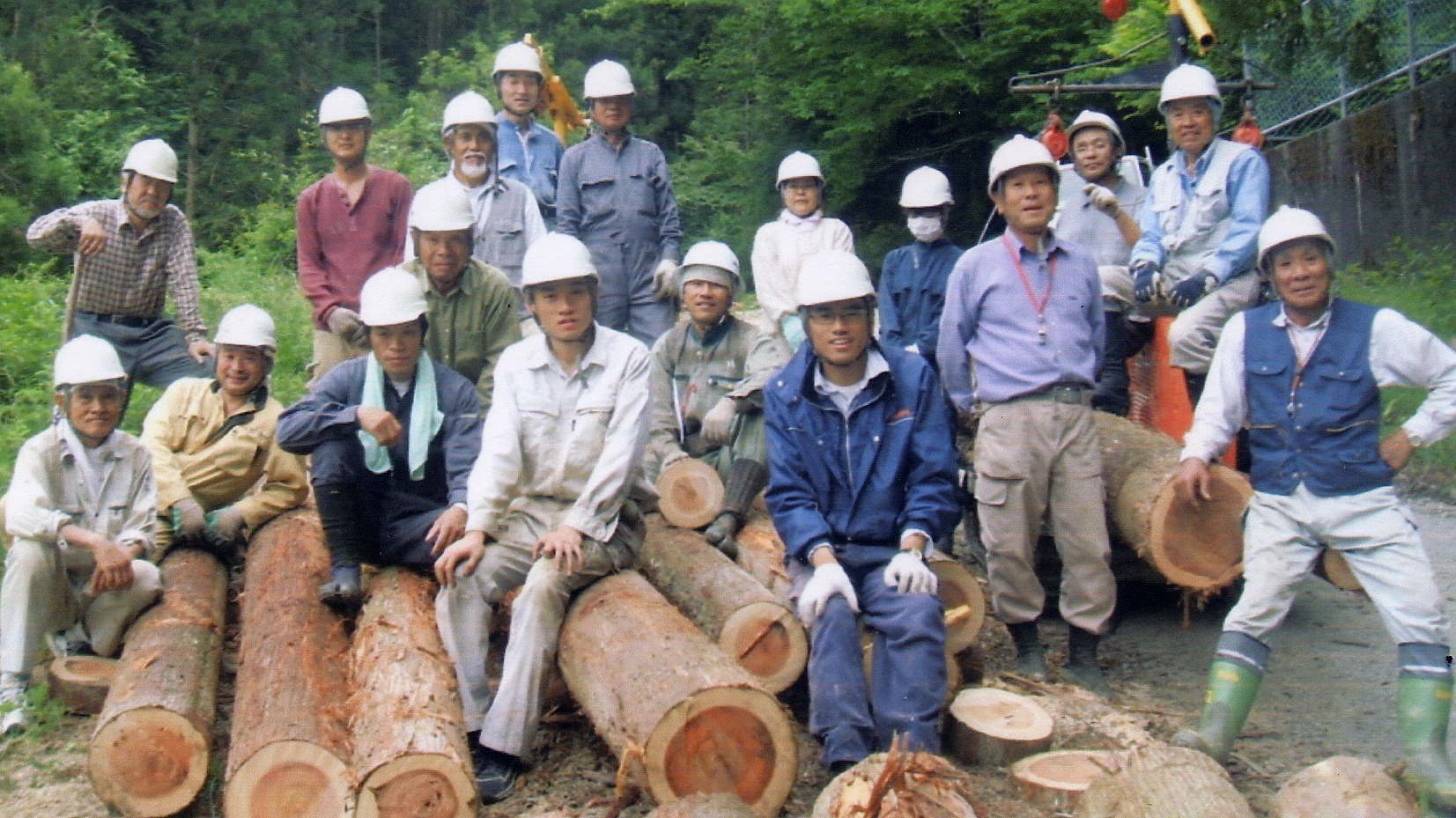News
Revaluation of dormant stocks as an answer to ‘fast fashion’
It is not unknown that the textile industry is one of the most polluting. Fast fashion, constantly providing new styles at very low prices, requires huge volumes of production with equally giant environmental impacts.
Cooperativa Integral Minga in Portugal, for sustainable and resilient territories
Although it may receive different names depending on the country (social economy, solidarity economy, community economy, collective entrepreneurship), in general the concept of social and solidarity economy (SSE) brings together a set of organizations whose activities - in particular the provision of goods or services - are based on common principles of social utility, democratic and participatory management, local roots and return to the community (see in this sense, for example, the definition of the SSE in Quebec according to its Social Economy Act of 2013).
About smart cities, maps, and fruits
Mapping and collecting data for resilient sustainable cities does not always need to be ‘smart’. As per its Wikipedia definition, a smart city is a “technologically modern urban area that uses different types of electronic methods and sensors to collect specific data”.
Community currencies and local energy: an example from Japan
Community currencies are alternative forms of money that coexist with national or official currencies to cover the needs of a specific group or local area that the conventional monetary system is not addressing.
The Fab City Quebec newsletter is a monthly must-read for anyone interested in getting involved in transforming our communities! It is the result of a collaboration between Communautique and Coop Fab Labs Quebec. We will only use your email address to send you the newsletter. By subscribing, you agree to the privacy policy.
Videos
#Fabcitymontreal


